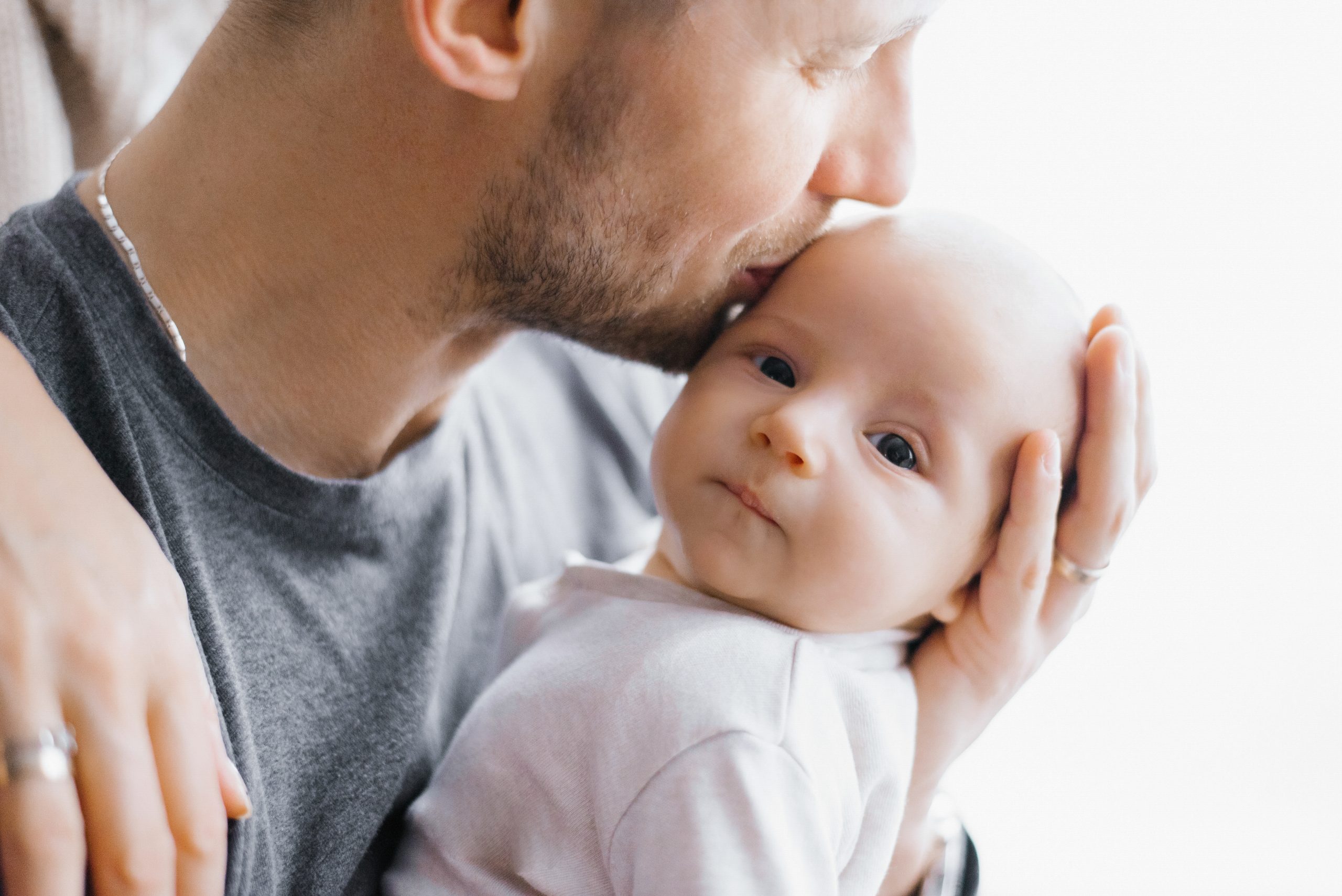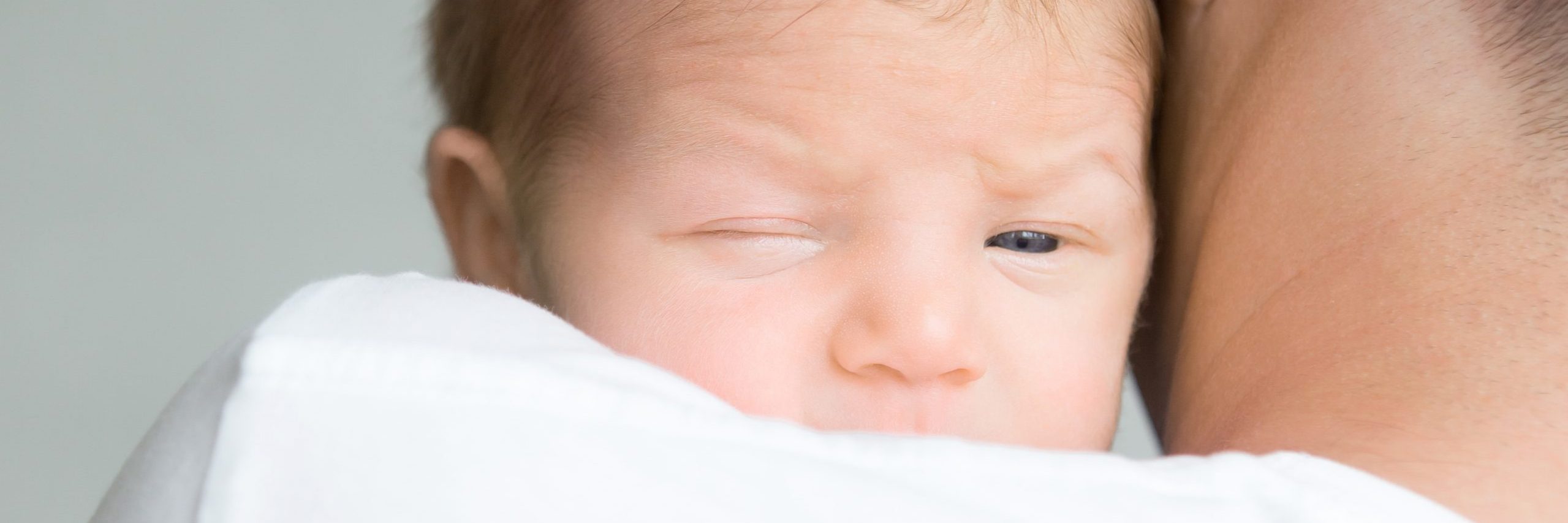The researchers in a new study found new fathers on average lost a percentage or two of cortical volume after the birth of their first child.
Children can change someone in surprising ways, with recent research saying new dads can experience a small brain shrinkage.
It was previously found that motherhood can change brain structure, and now new findings show brains of first-time fathers can also change from the impact of parenthood.
The researchers in a new study found new fathers on average lost a percentage or two of cortical volume after the birth of their first child.
The shrinkage was found to have occurred mainly in the brain area known as the default mode network (DMN).
The brain getting shrunk might sound bad, but this loss in cortical volume has no negative effects.
In fact, it can indicate the brain is becoming more refined to better connect with the child.
Similar cortical losses in mothers are associated with higher neural responses to a child and a stronger attachment between parent and child.
There have been a few previous studies that found subtle neurological changes in the male brain after the birth of a child.
However, there was not much substantial evidence collected and the little there was proved to be mixed and conflicting.

This new study is more thorough than most of the past research, based on magnetic resonance imaging (MRI) data collected from 40 heterosexual first-time fathers.
Half of the fathers were from Spain and the other half were based in the United States.
In Spain, the expectant fathers participated in brain scans before their partners became pregnant and again a few months after birth.
In the US, the participants did their brain scans when their partners where in the mid to late stages of their pregnancies and the again seven to eight months after birth.
There was also a control group of seventeen men without children in Spain that were included.
The researchers acknowledged the study’s sample size is small but that the findings suggest neurological effects stemming from parenthood may not be exclusive to mothers.
“This study provides convergent evidence for cortical structural changes in fathers, supporting the possibility that the transition to fatherhood may represent a meaningful window of experience-induced structural neuroplasticity in males,” they wrote in the journal Cerebral Cortex.





